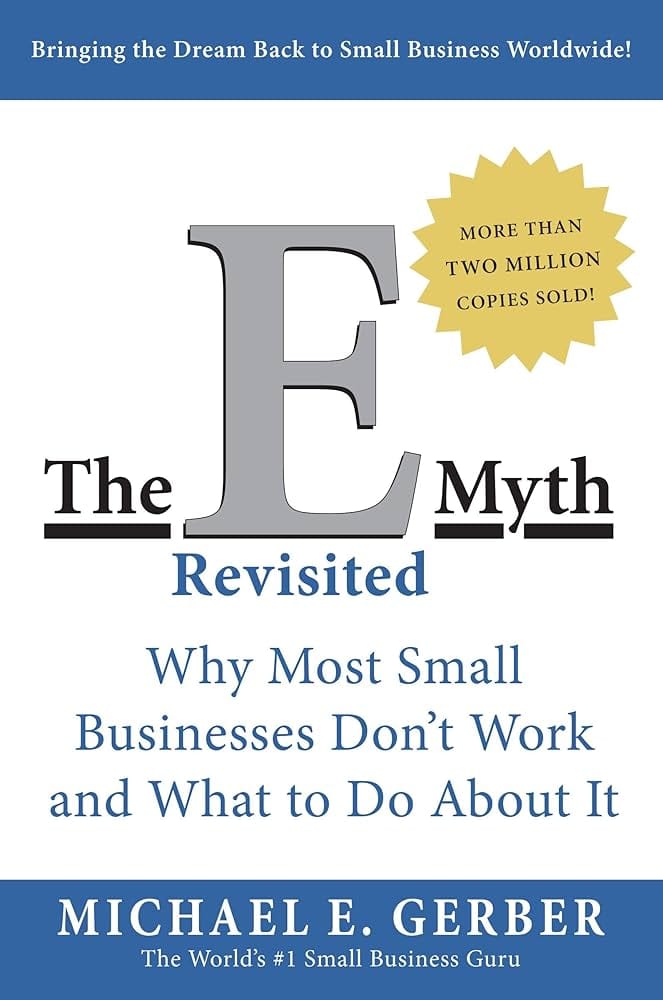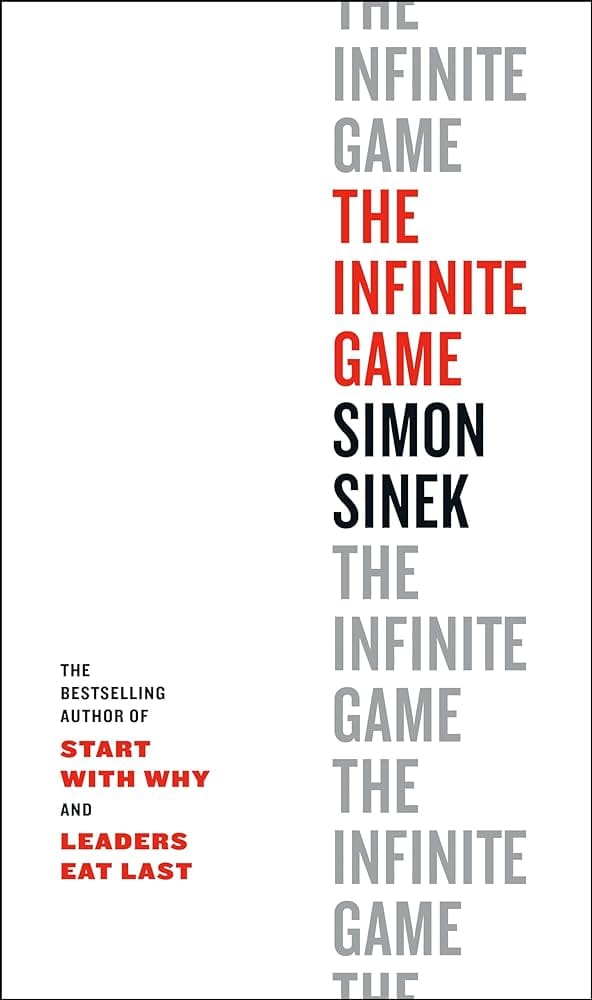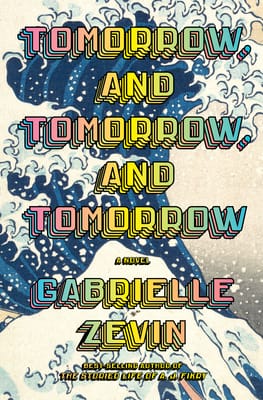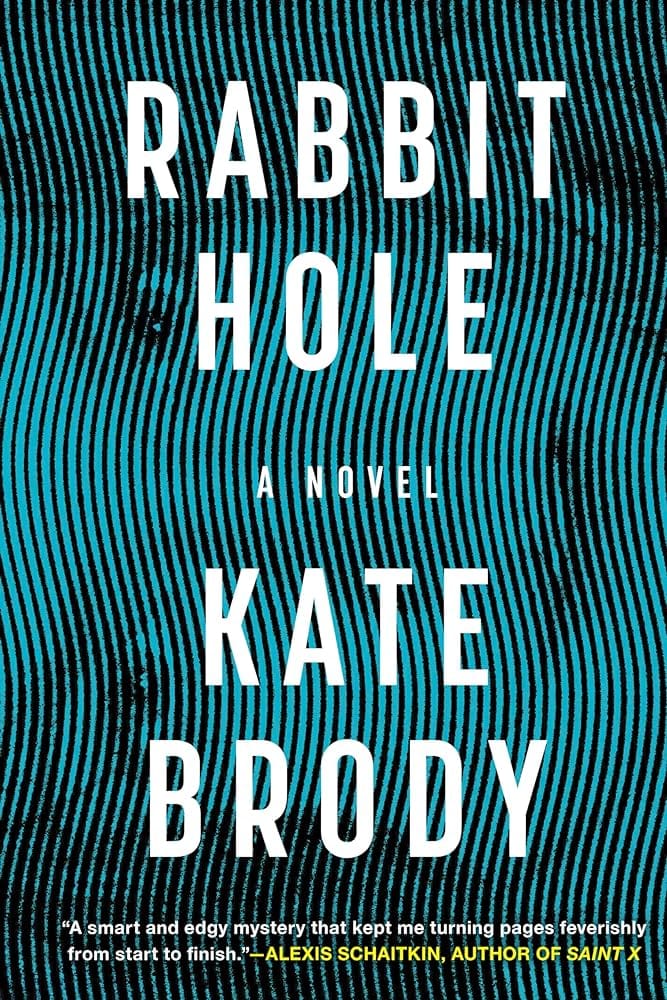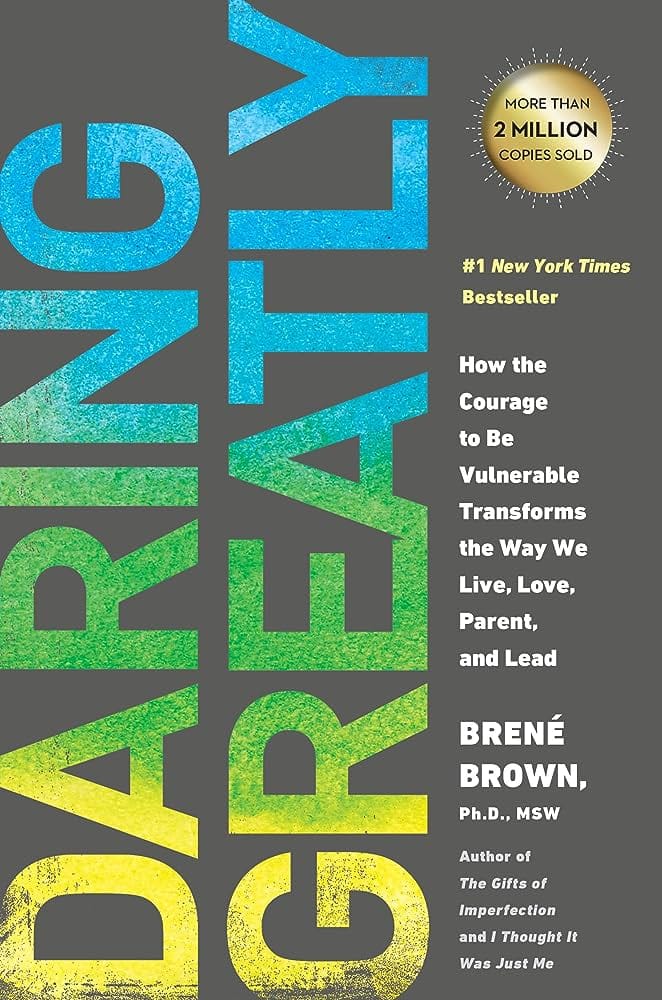
Daring Greatly
One of the greatest human psyche researchers of our time, Brene Brown details the effects of shame and lack of vulnerability in today’s society and how it impacts our work, relationships, and connection with ourselves.
buy this book“When we don’t acknowledge how and where we’re tender, we’re more at risk at being hurt.”
Daring Greatly is one of the most monumental and memorable books I’ve read in my life. Bold statement I know! Even while I was skimming through the book again to write this review, I was picking out new gems that I missed during my first read-through.
What stood out to me about this book is how she challenges what we think and how we feel about shame and vulnerability. This book was uncomfortable and difficult to get through, not because it was boring or hard to understand (quite the opposite really), but because of what you learn and realize about yourself throughout the process.
Not only has it taught me to be aware of my reactions and how I open up to those that I’m close with, but it has also taught me to work through shame and guilt responses so that I can be more vulnerable and model it for others.
The Never Enough Culture
“We have lost our willingness to own our vulnerabilities and our ability to engage with the world from a place of worthiness due to scarcity culture.”
How many times have you heard or thought to yourself “I’m not good enough, perfect enough, thin enough, successful enough, or smart enough.” Even when you’re surrounded by the most supportive, caring friends and family, your inner dialogue often wanders toward the negative.
Women feel the pressure to be independent but not too independent. Pretty but not a threat to other women. Smart but not smarter than your higher ups. Thrifty but make sure you keep up on all your monthly beauty expenses to stay young.
Men are constantly told not to appear weak. Don’t be a pussy, don’t be too girly, don’t let anyone see you sad.
Even with our dreams we’re told to not dream too big or think unrealistically. “Wouldn’t it be nice if… oh but don’t worry I know it’s unachievable.”
This inner dialogue is further fuelled by our constant comparison with others through social media and our own perceptions of other people’s lives. How can our expectations for ourselves NOT be impractical and harsh when we’re trying to live up to imaginary lives?
“We’re holding up our reality against our own fictional account of how great someone else has it.”
It’s these ideals and pressures that we place on ourselves that cause the feeling of scarcity. The feeling of not being enough, not doing enough, and guilt and shame for not being perfect.
The Myths Around Scarcity
Brene Brown argues that worrying about scarcity is our generation’s version of post-traumatic stress. “It happens when we’ve been through too much and rather than coming together to heal, we’re angry and scared and at each other’s throats”.
We mistakenly think that to combat this feeling of scarcity, we need to have abundance—more success, more friends, more things that bring us joy. But you learn from daring greatly that the opposite of scarcity is not abundance—it’s just having and being enough. She calls this “wholeheartedness”.
Wholehearted Living
At its core, Wholeheartedness is getting comfortable with vulnerability and worthiness. Through this process, you learn to face uncertainty, exposure, and emotional risks with understanding and control. And by learning to be comfortable with vulnerability through showing up and letting ourselves be seen and heard, you build up the courage and flexibility to do better, achieve more, and form stronger connections.
What we don’t see is that using vulnerability is not the same thing as being vulnerable; it’s the opposite—it’s armor.
Underlined Quotes
“When we don’t acknowledge how and where we’re tender, we’re more at risk of being hurt”
“Vulnerability is about sharing our feelings and our experience with people who have earned the right to hear them”
“Shame can only rise so far in any system before people disengage to protect themselves. When we’re disengaged, we don’t show, we don’t contribute, and we stop caring.”
“If we look at what we do best as well as what we want to change the most, we will often find that the two are varying degrees of the same core behavior.”
You can also watch her TED talk here

